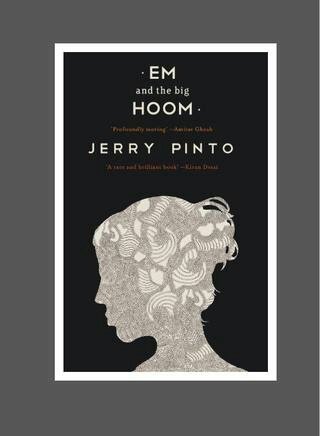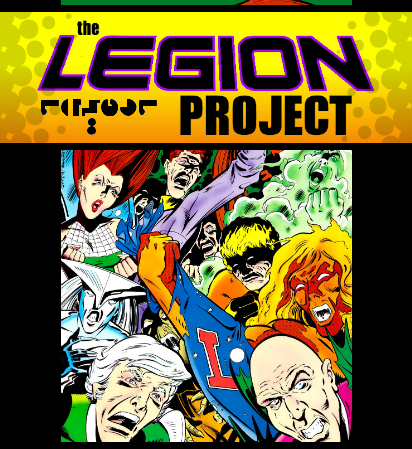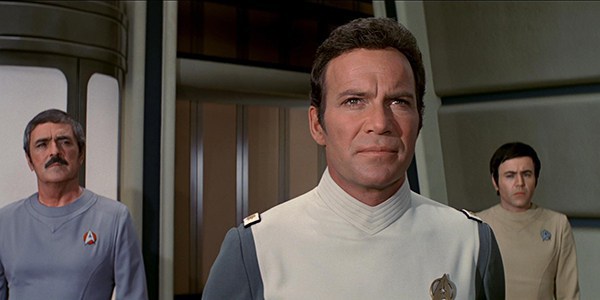
Imagine Mumbai. Then imagine a Goan Roman Catholic Family of four, right in the middle of this crowded city, living in a congested apartment comprising of a single room, hall and a kitchen – Mother, Father, Son and Daughter. A visibly normal family! What happens when you open the book and realize that this visible normalcy is just a sham?
Em and the Big Hoom is a story of “Em” – The Matriarch and the “Big Hoom” – The Patriarch, narrated by their youngest child who is left unnamed throughout the book for some unknown reasons, taking us through the family’s journey. It is a short saddening read. Touching to say the least!
What happens when Em fails to resurface from the postpartum depression caused after the birth of her second child? What happens when it reinforces itself and culminates into several mental disorders one after the other – Delusions, Schizophrenia, Nervous Breakdowns? What happens to the children? What happens to the Big Hoom? Jerry Pinto has managed to force open the dead bolts that hide the grimness of mental illnesses and has taken us through a soul-tugging tale of a family coping with it day in and day out, tirelessly.
With the risk of sounding heartless, I’d like to point out that it IS very frustrating when you are trying to keep a suicidal person alive especially when the person isn’t only depressed but has major issues with living a normal life. Our “Em” here is a chain-beedi-smoker always, funny at times, vulgar, manic, incoherent, confused some other times and extremely volatile every single day. She can offend and patronize her children all in one sentence. She doesn’t look back while telling her son that it was his birth that started all this. “The Big Hoom” is a perfect complement to “Em” – a “paragon” of patience, strict, rarely speaks but always keeps a watch, works hard, teaches his kids to survive and keeps them sane.
The story starts at Ward No. 33, the psychiatric ward at Sir J.J. Hospital where Em’s son, the narrator, is trying to ask her about her past. We see throughout the book that he is desperately in search of some answers about Em’s condition. He fears he might be susceptible to it. This inquisition takes us through the individual stories of Em and the Big Hoom, the kids, their grandparents. It tells us how they landed up here in Mumbai, about the hilarious courtship days of Em and the Big Hoom, about the first major suicide attempt of Em, and the consequent suicide attempts, the coping up of children with these eccentricities (if I may say so), their growing up.
I had to take away the 1 point because the narration is scattered to the edge of becoming haywire. You have to go back and read again to understand what just happened. This can be because the author has tried to portray the whimsicality of Em’s illness that causes her to wander off even while she talks about something extremely passionately. This is the same waywardness that provokes Em to speak about pornography to her son who is no more than 9 or 10 years old, of issues like abortion and sex with her daughter who is going for her first date with a guy. This eccentricity is so volatile; it makes the children tremble with fear just to knock the door to come inside the house. They do not know what is on the other side. There is a particular incident where the children witness Em’s suicide attempt right in front of their eyes as she lies in a pool of blood. The narration gave me goose bumps for quite a while even after the event was over and Em was back.
The author lost me a couple of times, when he tried to take the story back and forth several years together. But I managed to relate and make sense somehow.
The book revolves around Mumbai at the fag end of the 20th century – late 70s and 80s. It takes us through the streets of the city, through Brijwasi’s chiwda and sweets, through Gunwantiben’s Gujrathi cuisine. It is a very interesting read especially since today anywhere, being “mad” is a matter of either shame and disgust or pity and irrational sympathy. Someone asks Em if she is “mental” and she blatantly says she IS.
Talking about depression, I recently saw Dear Zindagi and found it too hollow for a concept like depression. Depression is a chronic disorder. It is cancer of the mind and it is not as flimsy as a month of therapy on a beach in Goa. Depression is way more than that. It is devastating, disparaging, and delusional.
The book is a sincere attempt and a must-read simply because where literature is being molded into commercialism slowly in this country; there is someone who is attempting to write a genuine story of depression and breakdowns. I will definitely look forward to read more of Jerry Pinto’s work.





